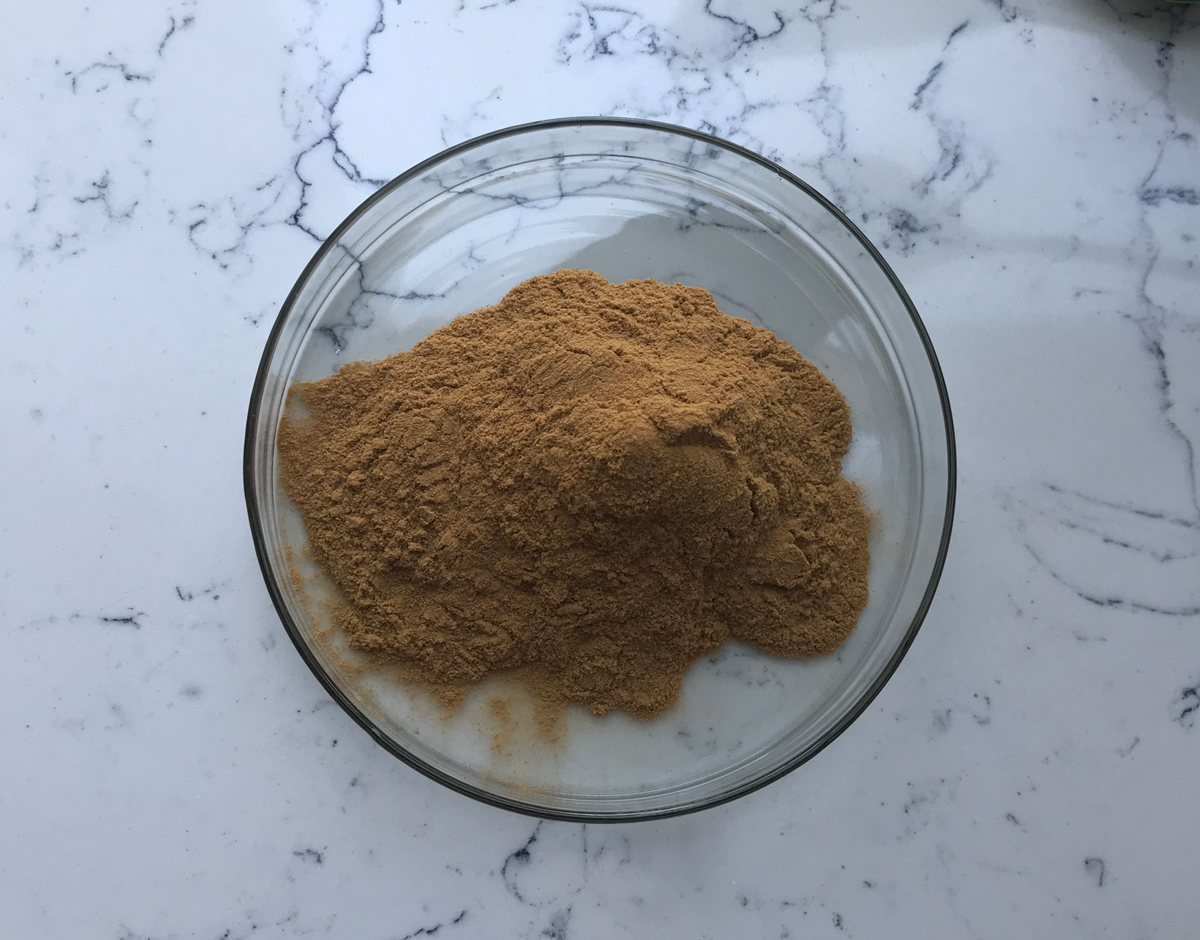Maca root capsules are a popular dietary supplement derived from the root of the maca plant (Lepidium meyenii), which is native to the Andes mountains of Peru. Maca root, scientifically known as Lepidium meyenii, is a plant native to Peru that has gained popularity as a dietary supplement due to its potential health benefits. Maca root is commonly consumed in various forms, including capsules, powder, and extracts. Here’s an overview of its effectiveness, potential side effects, and special considerations:
Effectiveness Maca Root Capsules
Hormonal balance: One of the primary reasons people use maca root is for its purported ability to support hormonal balance, particularly in men and women. Some research suggests that maca may help regulate hormones such as estrogen, progesterone, and testosterone, though more studies are needed to confirm these effects.
Sexual health: Maca root is often marketed as a natural aphrodisiac and is believed to improve libido and sexual function. Some studies have shown positive effects on sexual desire and erectile function, but results are mixed and further research is necessary.

Energy and stamina: Some users report increased energy levels and improved stamina after taking maca root supplements. While there is limited scientific evidence supporting these claims, anecdotal reports suggest that maca may have energizing effects.
Mood and mental health: Preliminary research suggests that maca root may have antidepressant and mood-stabilizing effects, potentially due to its adaptogenic properties. However, more rigorous studies are needed to establish its efficacy in this regard.
Side Effects Maca Root Capsules
Digestive issues: Some individuals may experience digestive discomfort, such as bloating, gas, or upset stomach, when taking maca root supplements. Starting with a low dose and gradually increasing it may help reduce the likelihood of gastrointestinal side effects.
Hormonal effects: Because maca root may influence hormone levels, individuals with hormone-sensitive conditions such as breast cancer, uterine fibroids, or prostate cancer should exercise caution when using maca supplements. It’s advisable to consult with a healthcare provider before starting maca supplementation in such cases.
Interaction with medications: Maca root may interact with certain medications, particularly those that affect hormone levels or blood clotting. People taking medications for hormone-related conditions or blood-thinning medications should consult with a healthcare professional before using maca supplements.
Special Considerations Maca Root Capsules
Dosage: The appropriate dosage of maca root supplements can vary depending on factors such as age, sex, and overall health. It’s essential to follow the recommended dosage instructions provided by the manufacturer or consult with a healthcare provider for personalized guidance.

Quality and sourcing: When purchasing maca root supplements, choose products from reputable manufacturers that use high-quality ingredients. Look for certifications such as organic or non-GMO to ensure product quality and purity.
Potential allergens: Individuals with allergies to plants in the Brassicaceae family, such as broccoli, cabbage, and kale, may also be allergic to maca root. If you have known allergies, it’s important to read product labels carefully and consult with a healthcare provider before using maca supplements.
As with any dietary supplement, it’s essential to approach maca root with caution, especially if you have underlying health conditions or are taking medications. Consulting with a healthcare provider before starting supplementation can help ensure safety and appropriateness for your individual needs.
